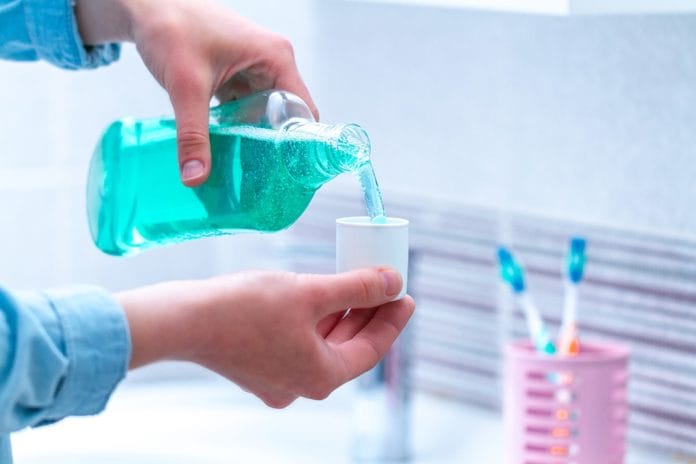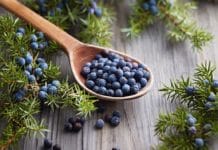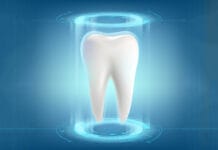Many people turn to herbal remedies when they feel that the remedy would be a healthier choice than the alternative. Many other people create and use herbal remedies at home when they cannot afford, or don’t have access, to the needed manufactured goods. The big question that skeptics always ask is how well these natural supplements work compared to publicly marketed goods.
Effects Of Herbal Mouthwashes On Plaque And Inflammation Control For Patients With Gingivitis: A Systematic Review And Meta-Analysis Of Randomised Controlled Trials, researched and written by He Cai, Junyu Chen, et al, decided to answer that question when it comes to the effectiveness of herbal mouthwashes on dental plaque and gingivitis in comparison with store-bought mouthwashes containing chlorhexidine, or CHX.
Herbal Mouthwashes
Catechin, tannins, and sterols inside botanical mixtures can be much more gentle on your patient’s teeth and gingiva and even inhibit the growth and expansion of microorganisms. Herbal mouthwashes also contain antioxidants and can also be more effective than the chemical compounds at reducing inflammation.
Many herbal types of mouthwash have been used successfully for centuries in dental care and have, so far, proven effective. But results have been mixed when it comes to direct comparisons to chemically laden mixtures, and studies need to continue. The point of this study is to simply decide if herbal mouthwashes do have a positive effect on plaque and gingivitis specifically and provide a basis for further study.
The Study
We truly need to see and understand the benefit of a substance before we can suggest or approve the use of it for our patients. A sturdy knowledge base and a consensus of understanding will help dental practitioners better guide their patients who feel more comfortable using herbal based substances. We need to know what works and what is potentially harmful or useless to serve our patients in the greatest capacity.
The subject was thoroughly researched, and a randomized controlled trial that compared the herbal mouthwashes with both placebos and already accepted mouthwashes was completed with surprising results. There are all-natural herbal mouthwashes that are very beneficial when it comes to plaque and inflammation control, and, in many cases, there wasn’t a difference of efficacy between the marketed and herbal mouthwashes.
Discovery
This team of researchers concluded that many herbal types of mouthwash are just as effective, if not more so than the mixtures containing chlorhexidine (CHX). The studied mouthwashes contained herbal extracts, such as Camellia sinensis (green tea) and Azadirachta indica (neem), and other necessary essential oils were the most effective, proving that natural botanical tinctures are a healthy and safe alternative to direct antiseptic washes.
The patients who used green tea and neem herbal remedies obviously outshone the people who were given a placebo but were also just as effective as using CHX. The herbal remedies did not stain the teeth nor affect saliva production and its makeup. Most importantly, there were no measurable differences between the group using CHX products and the group given the herbal product.
Final Thought
More evidence should be sought before anyone in our field suggests herbal over chemical mouthwashes, but when a patient is adamant about using herbs to fight their dental problems, it is okay to offer knowledge and support. It is important to gather a firm understanding of the benefits and negatives of both options, when fully discovered, to offer the best support available. For example, a few members of the herbal group reported differences in their sense of taste and of temporary lightheadedness during the process. Still, the complaints were rare and not measurable.











